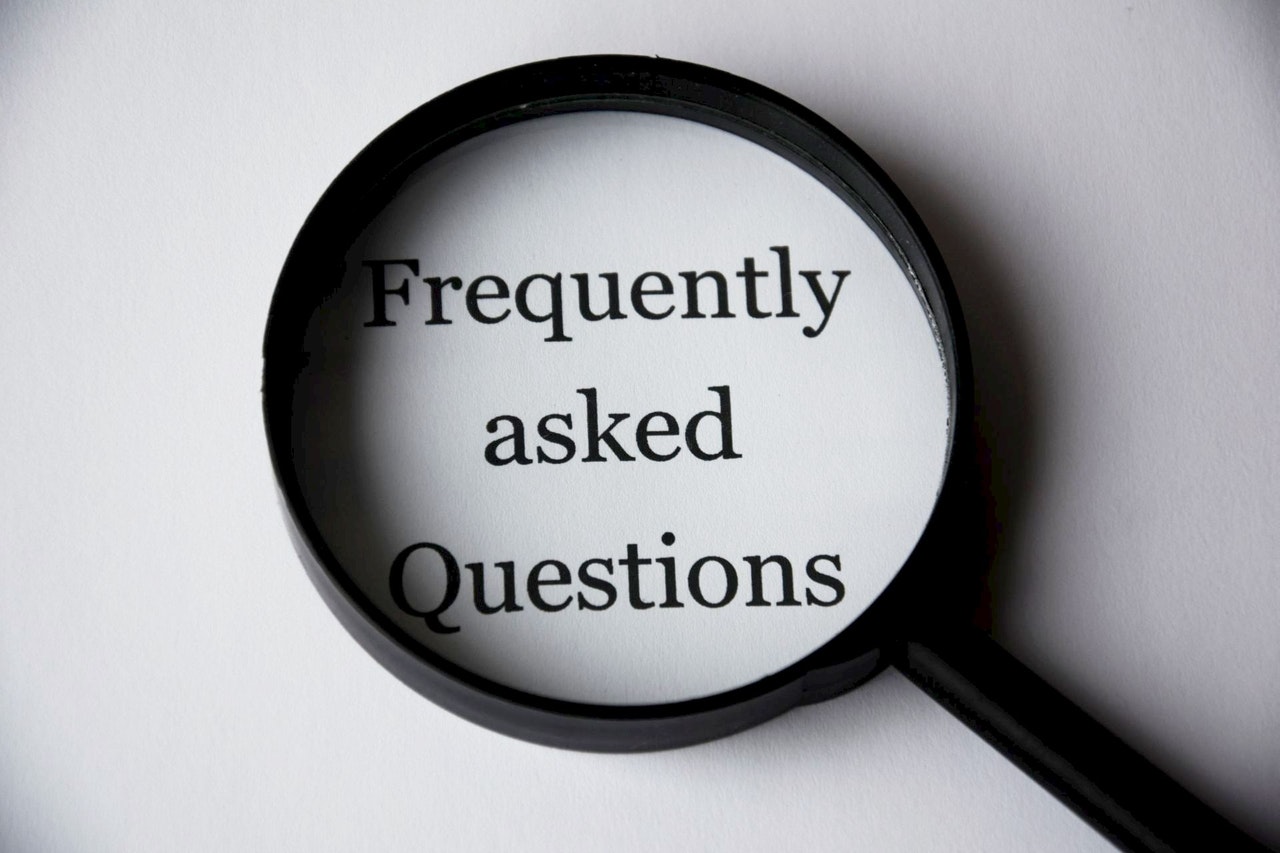(Publisher’s Note: Today’s post is the second in a three-part series this week, all written by Hannah Morris, Director of Assessment & Advancement at The Latimer Group. In this series, Hannah is leading us through an examination of how we learn and grow, and how self-reflection can become a critical component in our personal and professional development. Hannah examines the topic from a variety of angles, and how we can harness its power to create a higher level of success and personal satisfaction. Enjoy!)
Curiosity is a skill set. It is something that we can practice and refine. And most of us could stand to do more of that.
Curiosity is about asking ourselves more questions. It is about approaching each conversation as an opportunity to learn. When we do these things, we pay closer attention to others, we take in more information, and we then make better decisions.
And the benefits extend beyond us. With increased focus on listening in those conversations, we make others feel heard. With increased focus on learning from those conversations, we make others feel valued and empowered.
One of my most influential and memorable teachers taught history with a focus on curiosity. We had an assignment called “Question Papers” where we took a single event, figure, or topic, and wrote a full page of questions on it. We didn’t have to answer the questions, we just had to ASK them. He wanted us to wonder; that was powerful.
Curiosity can help us solve problems, uncover opportunities, and increase the depth and breadth of our understanding. It also helps us better communicate and connect, both professionally and personally.
Let’s consider how:
Curiosity helps us prepare. At The Latimer Group, we believe that the best preparation – the kind that is repeatable and adaptable to different situations – involves asking ourselves the right questions. When we are preparing for an important conversation – a meeting, presentation, or email exchange – we should ask ourselves: What is my goal? Who is my audience and what do they care about? What do I want them to do, think, feel, or remember at the end of this presentation or conversation? How can I make this message meaningful, relevant, and valuable for them? These questions not only help us narrow the scope of a conversation, but they help us organize our ideas, and they get us to consider other perspectives.
Curiosity helps us notice more. In our conversations, we can go beyond what is being said. We can ask ourselves why it is being said. We can consider what is not being said but is still being conveyed through tone of voice and body language. Furthermore, we can use questions before a conversation (What is the context I need to be aware of? What role do I play, and value do I bring?) and after a conversation (What was decided? What do I need to do to follow up and follow through? What did I learn about the topics, individuals, dynamics?) to ensure that we make the most of each communication opportunity to notice more and increase our awareness.
Curiosity helps us build relationships. In first encounters, people who ask us interesting questions often make the best impressions. Their interest in learning more about us makes us want to engage and reciprocate. Studies show that the most enduring relationships, the ones that can go long periods of time without interaction and effort and still remain strong, are the ones where people feel heard by one another. By asking more questions of ourselves and of our audiences, we create stronger connections and networks.
Curiosity reinforces humble confidence. Always keeping a firm eye on what we do not (yet) know and maintaining a thirst to learn more helps us avoid the complacency of confidence. We stay open to new ideas, perspectives, solutions, and strategies, and we foster creativity – both for ourselves and others.
How do we become more curious? We take a step back and examine our approach and processes, considering where we could ask, listen, and learn more. This will require mindfulness, an increased level of consciousness and focus. We need to pay attention to the questions and the answers.
Remember, with any skill, the more we engage in deliberate practice, the more we build new behaviors and muscle memory. Start asking yourself more questions each day and see what impact it has on your abilities to communicate and connect.
Does your team:
– Take too long to make decision?
– Fail to ask for what it wants or needs from you?
– Make things too complicated?
– Deliver unconvincing or disorganized presentations?
– Have new hires who are unprepared to communicate in the workplace?
We transform teams and individuals with repeatable toolsets for persuasive communication.
Explore training, coaching, and consulting services from The Latimer Group.
Looking for more from The Latimer Group?
- 3 Visual Mistakes to Avoid in Your Next Slide Deck
- Persuasion is Not Always Possible
- What Are Your Coffee Beans?
- The Recipe for Great Business Communication
- Bridging the Gap Between Intent and Impact
Looking for more from The Latimer Group?







Comments